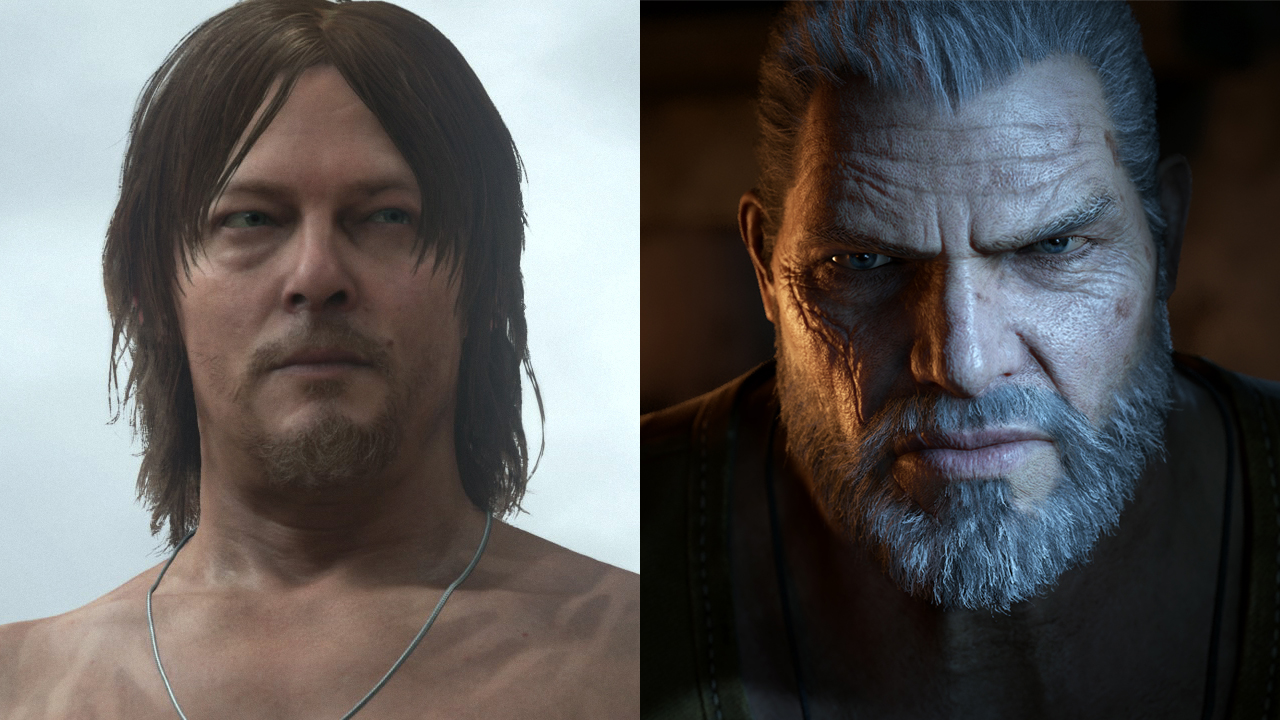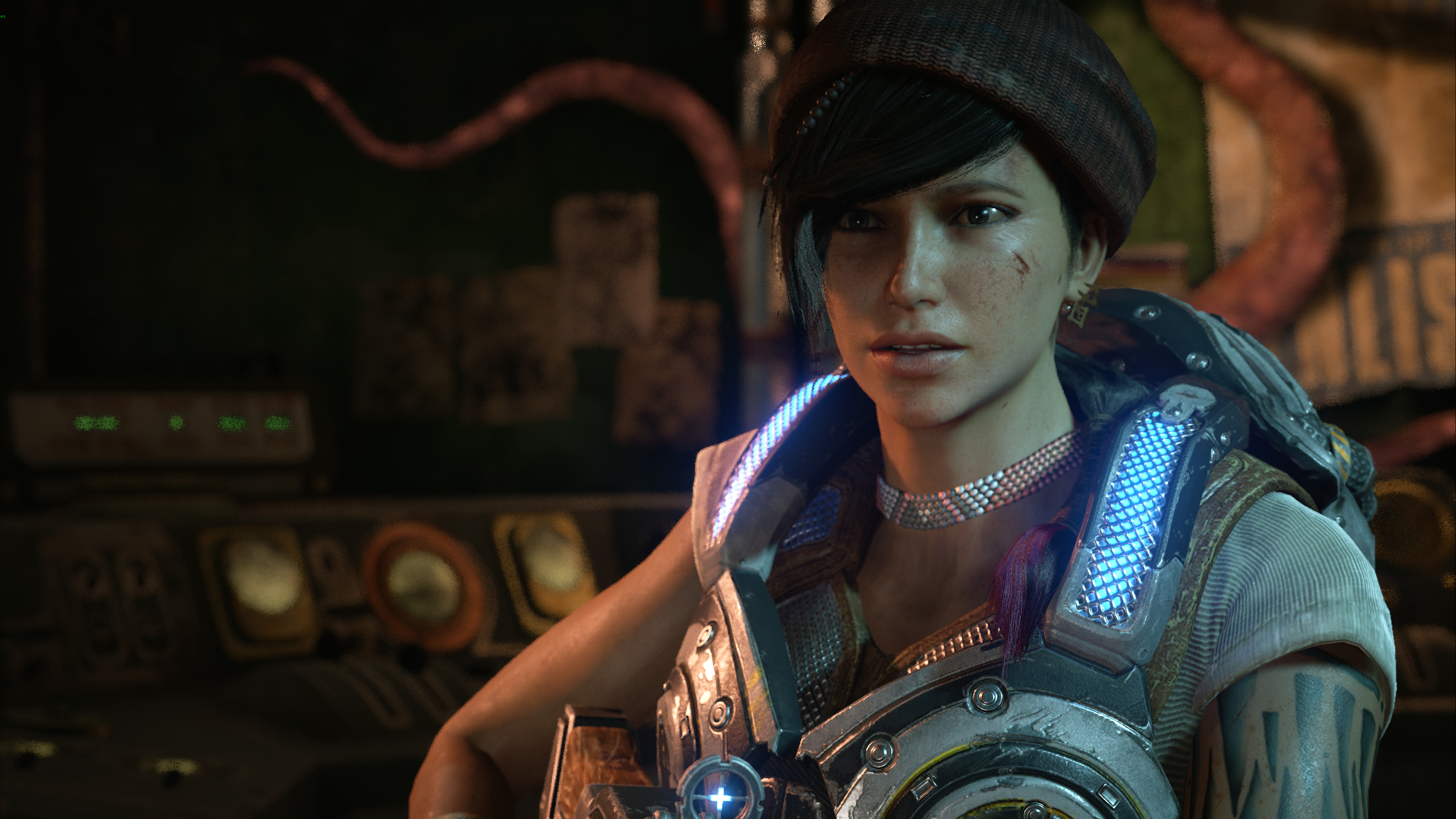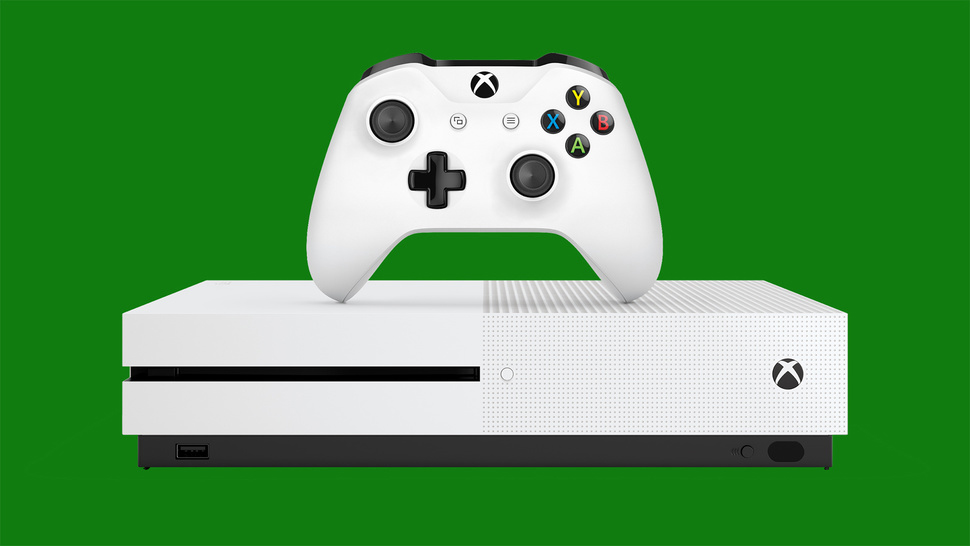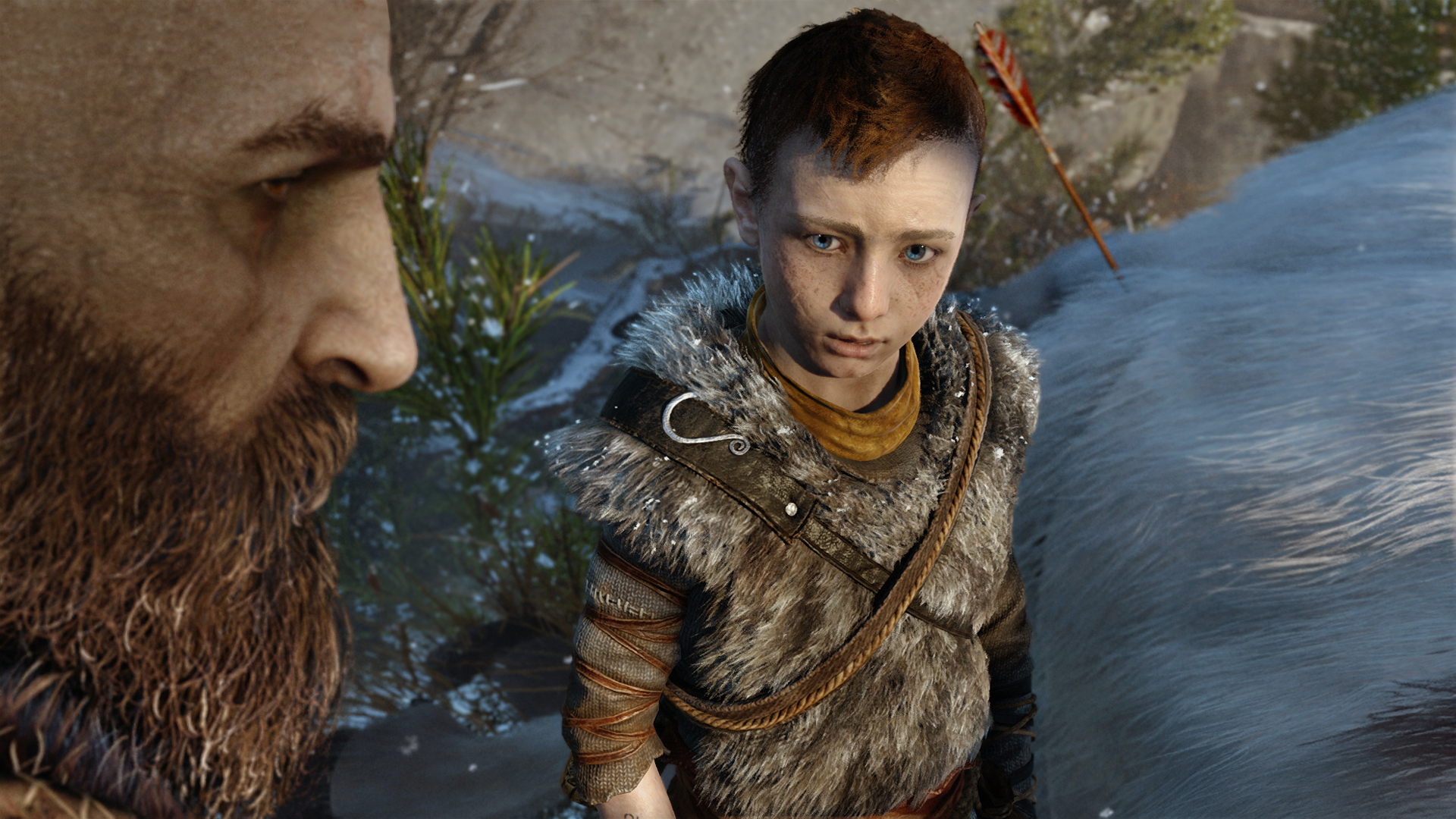Sony and Microsoft play to their strengths – but only one is true to themselves

Microsoft saved the biggest thrill of its E3 2016 conference for the closing moments. Sony left its audience reeling within 15 minutes. It's a fitting analogue for a console generation where only one hardware manufacturer has delivered on a consistent message and – for the all realities of today, or the promise of the future – is emphatically reaping the benefits.

Put bluntly, Microsoft got it wrong from the start in May 2013 with the announcement of Xbox One: positioning it as a one-stop-shop for all your entertainment needs, using Kinect and voice commands to serve a need that didn't exist. It was their play to beat Apple to the mythical 'black box' that controls the home – but at a time when the world was gravitating to ultra-specialism, curating its own menu of games, movies, TV from Netflix, Hulu, Steam, Apple's App store, specialist cable providers and – in due course – PS4.
Sony's vision has always been clear: to deliver the best game machine, although it's easy to ascribe them too much credit. After a troubled, financially bruising, generation for PlayStation 3, Sony were forced to retreat inward, to evaluate what they did best – and deliver a machine of 'off the shelf' parts that allowed each console sold to make money (rather than the rumoured $400 they lost with the sale of early PS3s).
Sony's direction was reinforced by Microsoft's boldness. It made no sense for Sony to compete on entertainment, so they doubled down on what they knew, and what drove the success of the original PlayStation: software. Sony also recognised the value of placing gamers first – shockingly obvious in hindsight – culminating in Jack Tretton's epic 'PS4 supports used games' smackdown at E3 2013; arguably the pivotal moment in shaping public perception of this console generation. Once again, its easy to give Sony too much credit. Rumours suggest they also flirted with disabling / regulating the pre-owned game market… but were smart enough to read the public mood surround Xbox One's plans, and chose to stick to their own, purer, vision.

So, to June 2016, and a Microsoft conference with Xbox firmly on the front foot – with a console ecosystem that, arguably, delivers harder on Sony's promise of placing gamers first. Xbox One now has the best control pad (the Elite pad), the most customisable pads (with eight million varieties of iPhone-style personalisations and bolt-on colours), the most flexible online environment (adding Clubs, Looking for Group and Arena to Xbox Live), the most inclusive software program (now with Xbox Play Anywhere, uniting your experience across PC and Xbox One) and – most likely – the best value console, in the $399/£299 Xbox One S. You'd be forgiven for forgetting that the Xbox entertainment dream ever existed, or that Kinect still exists.
The challenge, born of falling so far behind in console sales, is that they can no longer command the big third-party exclusives (they were once the spiritual home of FIFA and Call of Duty on Xbox 360), while their first-party studios lack the mystique of Sony's infrastructure. Moments after the Xbox conference closed, it was hard to recall a true stand-out title – despite a strong showing for Gears of War 4, the distinctive We Happy Few, and plain fun Sea of Thieves – even if almost all their line-up was gooood, just not spectacular, or surprising.
As from the very start of the generation, there's a contradiction in Microsoft's approach. Gears of War 4 purports to be an emotional game, citing 'father and son' ties in the recent, excellent 'Tomorrow' trailer… but the in-game action is a whirlwind of screams, bullets, lightning and, er, wind. Contrast that with Sony's opening gambit, God of War. It's a father and son game, but one where the father actually talks to his son during play, and a relationship is nurtured via direct gameplay (yeah, I know Marcus Fenix isn't around to do that – but there's a gameplay disconnect, and – on the evidence so far – Gears still does its talking through the barrel of a gun). There's still an air of the misunderstood, varnish-stained, powerlifter quoting Balzac and pining to be taken seriously.

Phil Spencer, and Microsoft, deserve huge credit for addressing the recent tragedy in Orlando – the first major publisher to do so at E3, in such a public forum – but it's still hard to reconcile that sentiment with the reality of a press conference that shuddered with gunfire only moments later. In fairness, at least Microsoft were honest: it would have been folly to open on an indie game for effect, only to back-load action games that are clearly critical to their console's fortunes. Forza Horizon 3 opened with tranquil scenes of nature, hinting at a new dawn… before surrendering to the roar of high performance engines. Xbox One was the home of Battlefield 1, we were told, before being treated to a day-old trailer (although the early beta is a clear Microsoft coup).
Sign up to the GamesRadar+ Newsletter
Weekly digests, tales from the communities you love, and more
Microsoft's most glaring disconnect, of course, was the 4K-ready, highly-powered, Project Scorpio Console. For all Phil Spencer's promises of 'leaving no one behind' and using language to signal – or muddy – the end of console generations, it feels like Xbox One has been served notice of eviction, when Scorpio hits in Holiday 2017. Microsoft might have every intention of serving both hardware systems, but the question is: should they? If Scorpio really does have power like we've never seen, making it a pure 'upscaling' machine feels like a compromise, forever pegged to its smaller brother.
This is a question for another day and one that Sony, masterfully, ducked, despite holding similar intentions. Andrew House acknowledged the existence of PS Neo (or PS4.5) in a recent Financial Times interview, but true to his word, their was no sign of it at E3. All Sony did was deliver games; wave upon wave of exclusive, exciting, high-profile games – where even something as fantastic as Lego Star Wars: The Force Awakens felt slightly off-base. Sony's line up was so strong, even the resurrection of Crash Bandicoot felt like a victory – in another year, another time, that would be the meme that typified everything that went wrong.
Sony's victorious delivery of its own promises was all in those first few videos: the surprising, un-leaked, God of War demo, a new trailer for The Last Guardian with a release date (which would've been a 10 minute segment in itself in previous years), and then the sheer portent of Resident Evil 7 in VR, even if that game was a much worse-kept secret. To deliver all that, sprinkle in a hugely impressive debut for Call of Duty: Infinite Warfare, to make VR look like an actually compelling proposition (with no lingering shots of people waddling around on stage looking visibly 'amazed') and culminate in almost-messianic cameo by Hideo Kojima, unspoken figurehead of AAA gaming, was quite something else. And what a game for Sony to support: why yes, Mr Kojima, so you want to film a naked Norman Reedus cuddling a baby on a planet full of dead fish? No problem.
PS Neo didn't appear. It didn't have to. At E3 2016, Sony PS4's became the purest expression of its original promise, even if some of those games might not appear for years, and the promises of E3 past have often materialised as familiar sequels, HD remakes or reboots. This hasn't been a vintage console generation, all told, but Sony have finally delivered the dream that it might be, just as Microsoft enter a – highly impressive – holding pattern, hoping for a fresh start.
Credit to both platform holders, though, for finally playing to their strengths, with differentiated propositions, that both place the player at the centre of their universe. If this is the final console generation as we know it – as both machines edge toward a more iterative, iPhone-style, update path – the never-quite-closing chapter promises to be quite spectacular.
FGS Content Director. Former GamesRadar+ EIC, GTAVoclock host, and PSM3 editor; with - *counts on fingers and toes* - 20 years editorial experience. Loves: spreadsheets, Hideo Kojima and GTA.



